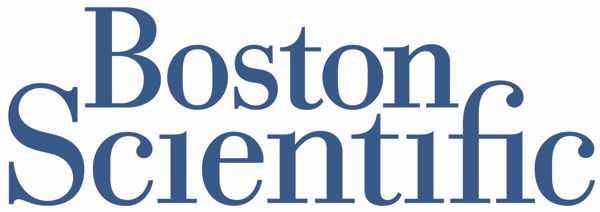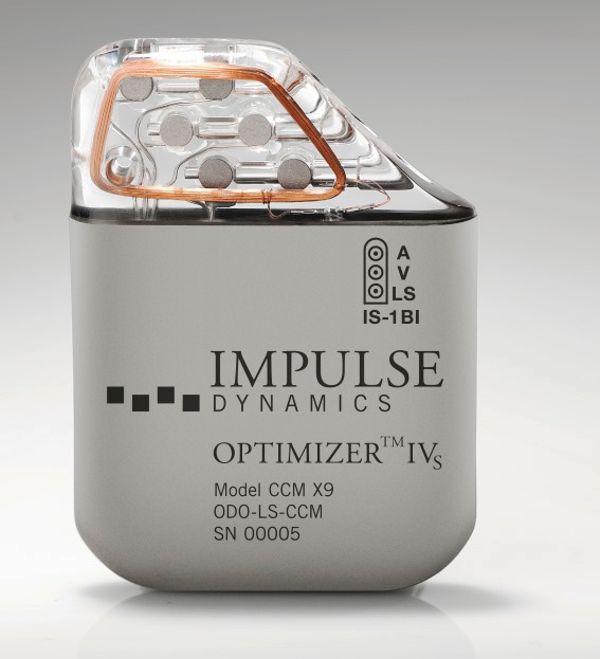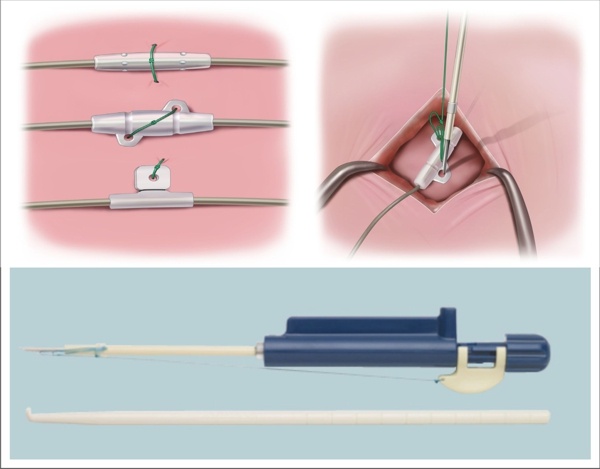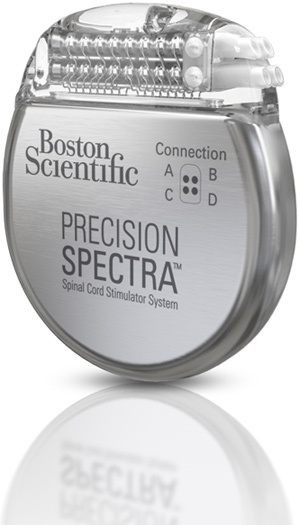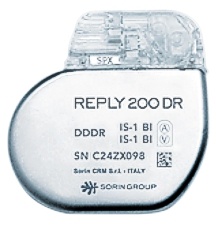 Sorin announced today CE mark approval and the European commercial launch of the REPLY ™ 200 family of pacemakers featuring Sleep Apnea Monitoring (SAM). According to the press release:
Sorin announced today CE mark approval and the European commercial launch of the REPLY ™ 200 family of pacemakers featuring Sleep Apnea Monitoring (SAM). According to the press release:
Sleep apnea is highly prevalent and vastly undiagnosed in pacemaker patients. It increases the mortality risk and the risk of common cardiovascular co-morbidities such as hypertension, atrial fibrillation (AF) and heart failure (HF). Moreover, sleep apnea complicates the management of common cardiovascular co-morbidities.
The REPLY 200 SR and DR pacemakers automatically screen patients for the risk of severe sleep apnea using a highly reliable sensor that measures ventilation. The Respiratory Disturbance Index (RDI), calculated and reported by the pacemaker, has been validated against polysomnography, the gold standard method used to diagnose sleep apnea.

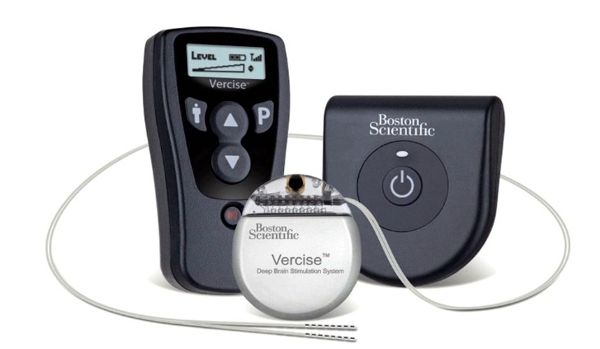
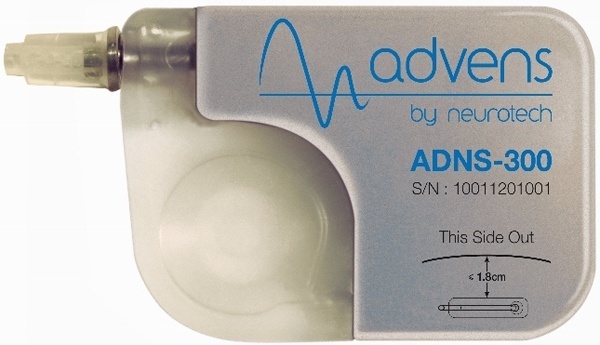

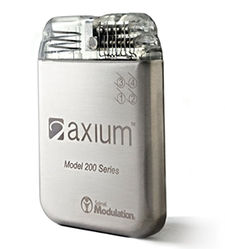 St. Jude Medical and privately-held Spinal Modulation, Inc., today announced that they have entered into a series of agreements under which St. Jude Medical made a $40 million equity investment in Spinal Modulation, a company that has developed an innovative neuromodulation therapy that provides a new pain management option for patients with chronic, intractable pain.
St. Jude Medical and privately-held Spinal Modulation, Inc., today announced that they have entered into a series of agreements under which St. Jude Medical made a $40 million equity investment in Spinal Modulation, a company that has developed an innovative neuromodulation therapy that provides a new pain management option for patients with chronic, intractable pain.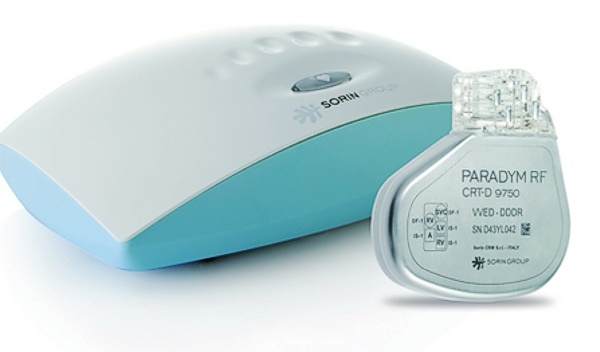
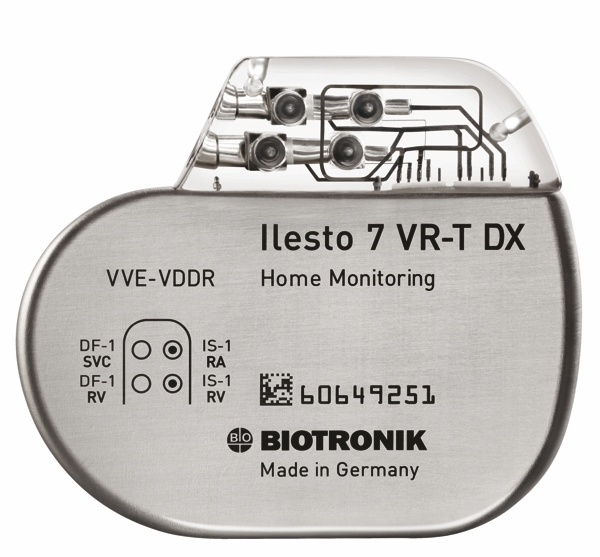
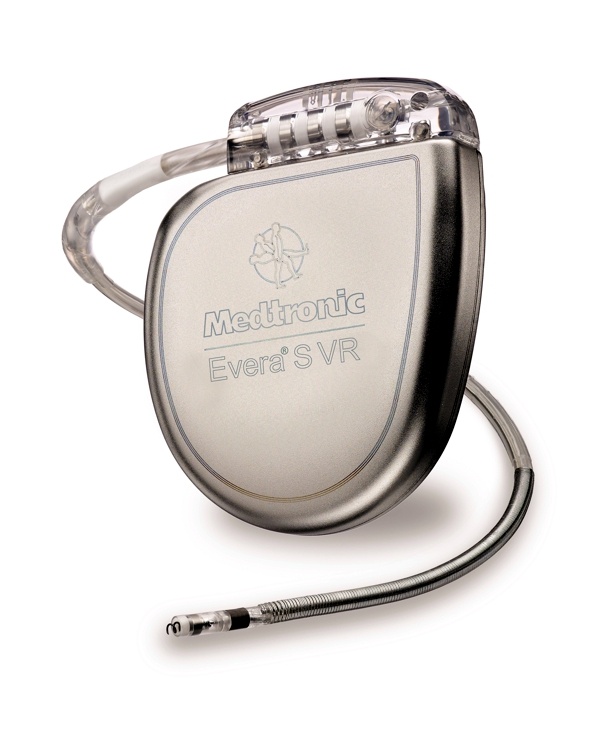
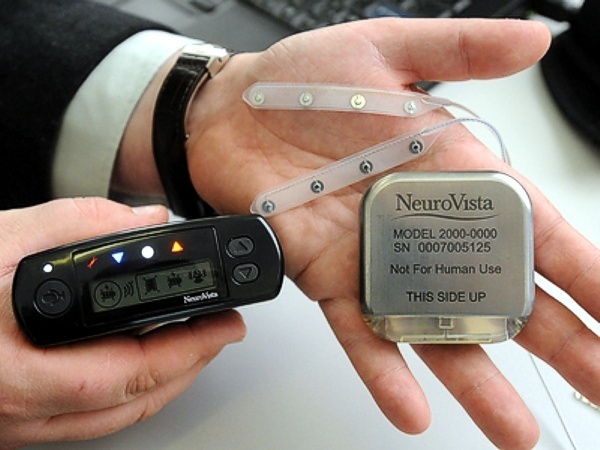
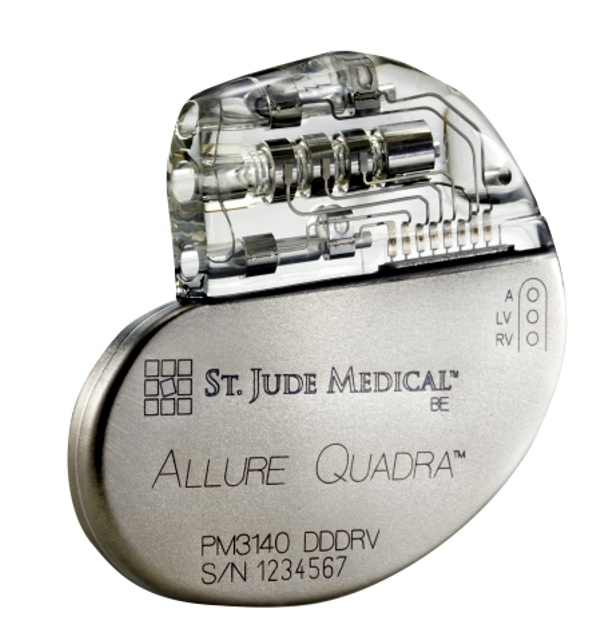 St. Jude Medical today announced CE Mark approval and European launch of its Allure Quadra™ Cardiac Resynchronization Therapy Pacemaker (CRT-P), which brings the quadripolar lead technology to the pacemaker market for the first time. According to the press release:
St. Jude Medical today announced CE Mark approval and European launch of its Allure Quadra™ Cardiac Resynchronization Therapy Pacemaker (CRT-P), which brings the quadripolar lead technology to the pacemaker market for the first time. According to the press release: